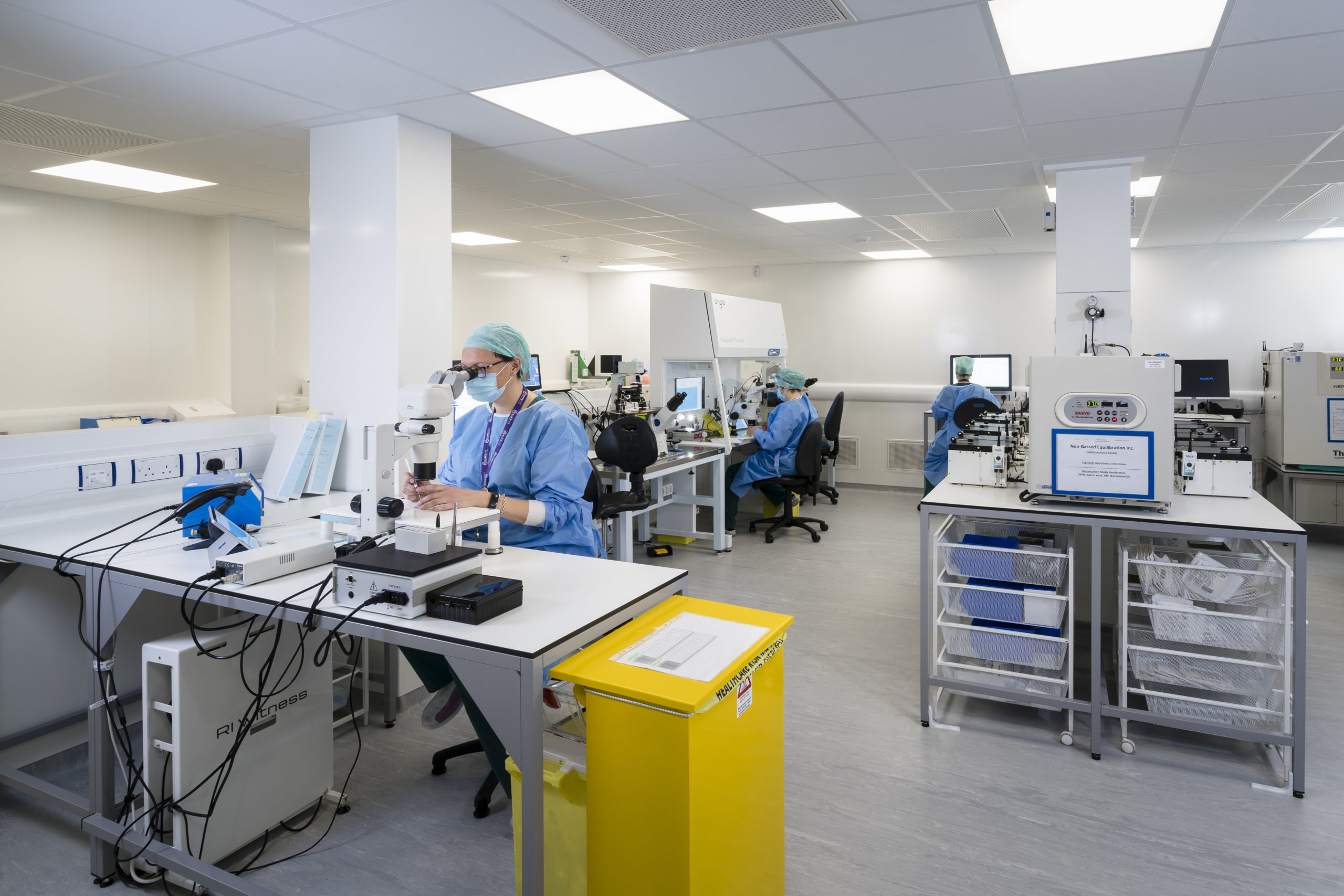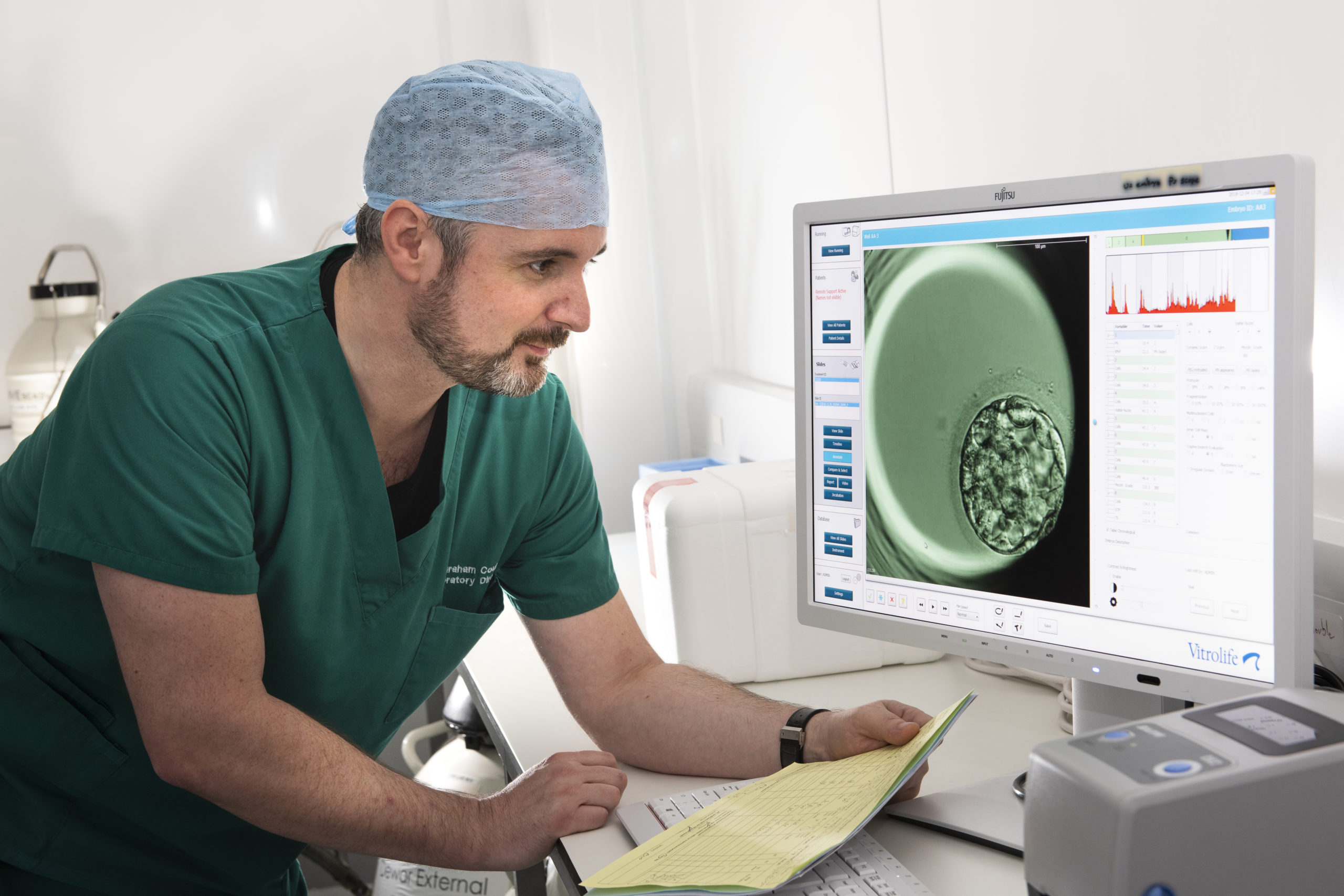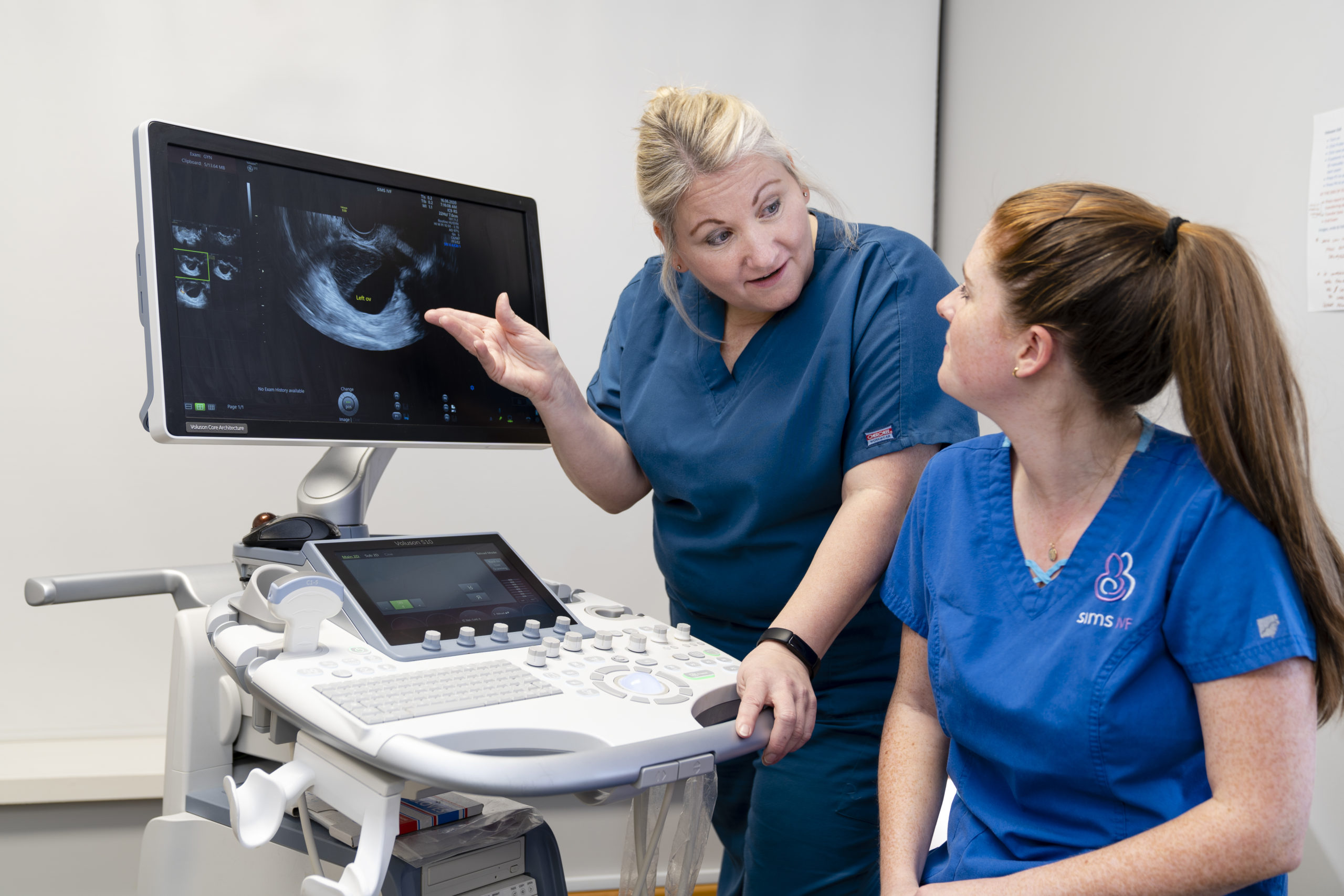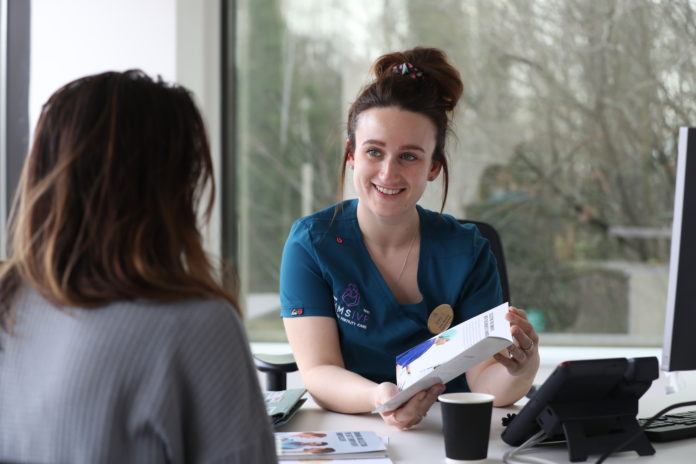Fertility testing sounds like a daunting task, but the initial process is a lot easier than you might think.
If you’re planning on starting a family in the future or you’re even just thinking about it, it’s important to start looking into your fertility – even if you’re in your 20s.
Fertility is often not spoken about among young women, but it’s time we were all more open about it.
While fertility testing might sound like a stressful process, it actually just starts with a really simple blood test.

In case you didn’t know, women are born with all the eggs they are going to have – and as you get older, your eggs get older too.
Women are considered to be the most fertile in their early twenties, and after the age of 30 their fertility starts to reduce.
What many people don’t know is that a simple blood test can check your ‘ovarian reserve’, which is the number of eggs you currently have.
Leading fertility clinic Sims IVF offers the AMH (anti-Müllerian hormone) test, which can help determine if your egg number is likely to be normal or low.

AMH is a hormone produced by the follicles in your ovaries, which are the small sacs that eggs grow in.
The test, which can be performed at any time, measures the levels of AMH in your blood – and the more follicles that are growing, the higher the AMH number is.
The clinic will then compare your AMH level to the range expected for your age.
While the AMH test is a useful indicator of the number of eggs you have remaining, it’s worth noting the test does not check the quality of your eggs, detect other fertility problems like blocked fallopian tubes, or tell you the exact number of eggs you have.
However, the test is a good starting point for those wanting to look into their fertility, and it can help fertility specialists plan the right course of treatment for you.

Of course, the first question on all of our minds is: what if my AMH result is low? Well there’s no need to panic.
A low AMH result does not mean that you’re infertile, as many women that have very low AMH levels conceive within the first few months of trying.
But the test can help uncover and treat a fertility problem, which will ultimately increase your chances of getting pregnant.
Many women who have a low AMH result are referred for an ultrasound scan to assess their ovaries and uterus.

The ovarian reserve, or total number of eggs, can be inferred by the number of baseline follicles seen on an ultrasound.
The ultrasound adds support to the results of the AMH level in most cases, and can help determine what treatment you may need.
Ultimately, the AMH test will show you how proactive you need to be about fertility, in conjunction with your age.
For more information about the AMH test and the steps you can take to start your fertility journey, visit the SIMS IVF website here.


